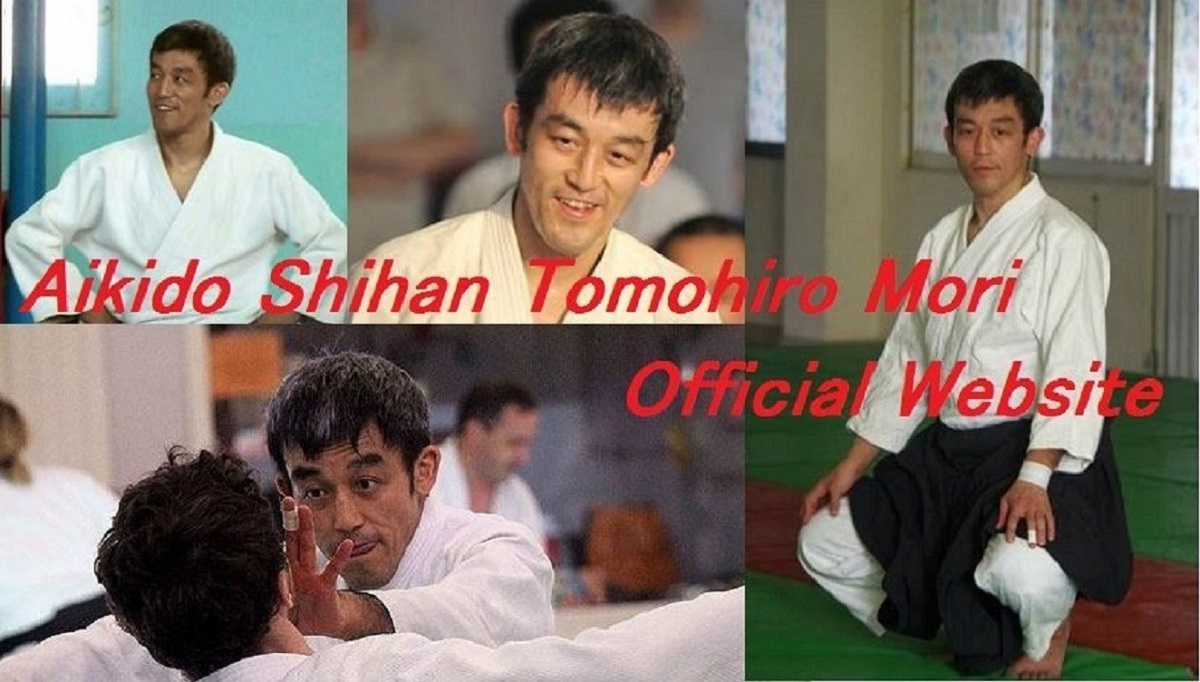『限りある時間の使い方』を読んで The Impression of FOUR THOUSAND WEEKS
限りある時間の使い方 オリバー・バークマン かんき出版
Four Thousand Weeks Oliver Burkeman
私達の一生は、どのくらいの長さなのだろうか。4000週、この本の題名がその答えだ。1年は365日、52週。80年で4160週。私達には圧倒的に時間がない。
私も皆さんと同じく日々の生活に追われている。自分にとって、どのくらい時間が残っているかという問題は普段は考えない。何となく一万週くらい持っていて、しなければならないことに6割使って、残り4割を好きなことに使えばよいくらいに考えていた。私達には4000週程度の時間しか持っていないという事実は衝撃的です。
筆者はこの問題に対して時間や仕事を効率化するマネージメントの手法とは全く違ったアプローチを提案します。やることリストやタイムマネジメントは、この問題を解決しません。時間に余裕が出来ると直ぐに、それを埋める新しい仕事が入ってきます。どれほど効率化しても楽になることはありません。むしろ管理するのに追われて本当に大切なことに注力できなかったりします。
先ずは全てを完璧にしようとすることを諦めましょう。私達のしなければならないことリストには本当に重要なことと、そうでもないことが混在しているはずです。後からフォローできるのなら失敗してもよいこともあるはずです。そして出来なかったことよりも出来たことに意識を向けましょう。
十分、準備ができたらやろうと思っていることも勇気を持って始めてしまいましょう。人生には準備だけできる十分な期間はありません。ほとんどの人が準備不足の現在の能力だけで問題を解決するしかないのです。もっと良い条件があるはずだと待ち続けるのも無駄なことです。待っている間に私達は刻一刻と死に向かっていきます。
自分の能力を超えて仕事を詰め込んで何倍も仕事を増やすよりも、今の仕事を何倍もの解像度で受け止めて楽しむようにしましょう。面白くないけど、やらなければならないルールワークも視点を変えることで楽しむことができるようになっていきます。これが終わったら楽しむよりも、今の瞬間を楽しめるようにしましょう。
私達の周りの解決すべき問題は、あまりにも多く難しい。私達がどれほど努力をしても、そのほとんどは解決しない。だからといって、それが無駄だというわけでもない。私達よりも何世代の後の人達が恩恵を受けることもある。直接的には無駄になっても、その失敗も含めて人類史に貢献することもある。私達にその恩恵が見えなくても、やらなければならないことも存在する。直接的な自分への利益を考えない行動は私達に喜びをもたらす。世界にとって私達に出来ることはあまりにも小さい。しかし、それは意味のあることなのです。
このような時間に対する筆者の処方箋は東洋人である私にとって馴染み深いものです。過去や未来ではなく現在を大切にする思想や人間の能力の限界を達観する思想は禅や瞑想が教えてくれるものでもあります。しかも現代に即した具体的な手法に触れている点は西洋的でもある。本書は忙しい現代人にとって自分の人生や時間を振り返る一冊になるでしょう。
Our lifespan, how long is it really? “4000 Weeks," that’s the title of this book and it holds the answer. A year consists of 365 days, or 52 weeks. At 80 years old, that’s 4160 weeks. We have shockingly little time.
I, like everyone else, am caught up in the daily grind. I don’t usually ponder how much time I have left. I’ve thought I probably have around ten thousand weeks. I’d thought I can spend about sixty percent of them on necessary tasks and enjoying the remaining forty percent. The fact that we only have about 4000 weeks of time is staggering.
The author proposes an entirely different approach to managing time and work efficiency in response to this issue. To-do lists and time management won’t solve this problem. Whenever there’s spare time, new tasks quickly fill the gap. No matter how much you streamline, it never really gets easier. In fact, you might find yourself so caught up in managing things that you can’t focus on what truly matters.
Firstly, let’s abandon the notion of trying to make everything perfect. Our to-do lists likely contain a mix of genuinely important tasks and ones that aren’t so crucial. Some things are okay to fail at if they can be followed up later. And let’s focus on what we have achieved rather than what we haven’t.
Let’s have the courage to start things we’ve been thinking of doing once we feel ready enough. There’s never a sufficient period in life just for preparation. Most people have to solve problems with their current abilities, even if they feel unprepared. It’s futile to keep waiting for better conditions. While we wait, time keeps ticking towards our inevitable end.
Instead of cramming more work beyond our capabilities, let’s embrace our current tasks with greater richly and enjoyment. Even mundane tasks, when seen from a different perspective, can become enjoyable. Rather than waiting to have fun after finishing them, let’s learn to enjoy the present moment.
The problems around us that need solving are often too numerous and complex. No matter how much effort we put in, many of them remain unresolved. However, that doesn’t mean our efforts are in vain. Future generations beyond us may benefit from what we attempt to do. Even if our actions don’t lead to direct results, they may still contribute to the annals of human history, including our failures. Some tasks must be done even if we can’t see the immediate benefits, and actions not driven solely by personal gain can bring us joy. What we can do for the world might seem small, but it still holds meaning.
The author’s prescriptions for dealing with time are familiar for me as an Easterner. The philosophy of cherishing the present moment over the past or future, as well as recognizing the limitations of human abilities, is reminiscent of what Zen and meditation teach. Moreover, it also touches on practical methods relevant to modern life, which is more characteristic of Western approaches. This book will likely serve as a reflective read for busy individuals in today’s world, prompting them to reconsider their lives and time.
セミナー等の依頼はこちら。 About request for the seminar is here.
Facebookページ,Instagram, Twitter のフォローお願いします。
Please follow my Facebook page, Instagram, and Twitter.
YouTube チャンネルを登録してください。
Please register Tomohiro Mori channel.
記事を見逃さないよう、ご登録を
メールマガジン購読(無料)

![[商品価格に関しましては、リンクが作成された時点と現時点で情報が変更されている場合がございます。] [商品価格に関しましては、リンクが作成された時点と現時点で情報が変更されている場合がございます。]](https://hbb.afl.rakuten.co.jp/hgb/1ff23cfa.75fafbee.1ff23cfb.4db34411/?me_id=1213310&item_id=20693913&pc=https%3A%2F%2Fthumbnail.image.rakuten.co.jp%2F%400_mall%2Fbook%2Fcabinet%2F6157%2F9784761276157_1_4.jpg%3F_ex%3D240x240&s=240x240&t=picttext)

![[商品価格に関しましては、リンクが作成された時点と現時点で情報が変更されている場合がございます。] [商品価格に関しましては、リンクが作成された時点と現時点で情報が変更されている場合がございます。]](https://hbb.afl.rakuten.co.jp/hgb/20f8ecfb.a29a6498.20f8ecfc.759a4571/?me_id=1278256&item_id=18522837&pc=https%3A%2F%2Fthumbnail.image.rakuten.co.jp%2F%400_mall%2Frakutenkobo-ebooks%2Fcabinet%2F4802%2F2000007704802.jpg%3F_ex%3D240x240&s=240x240&t=picttext)




ディスカッション
コメント一覧
まだ、コメントがありません